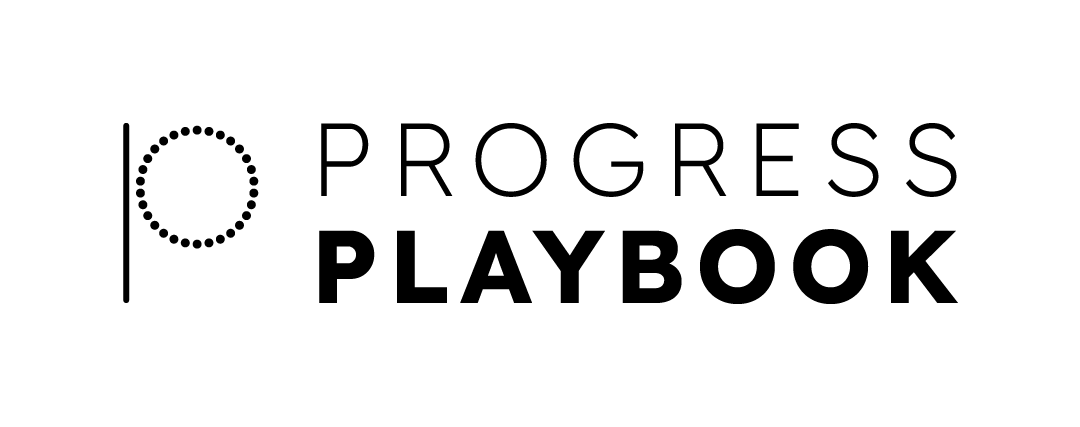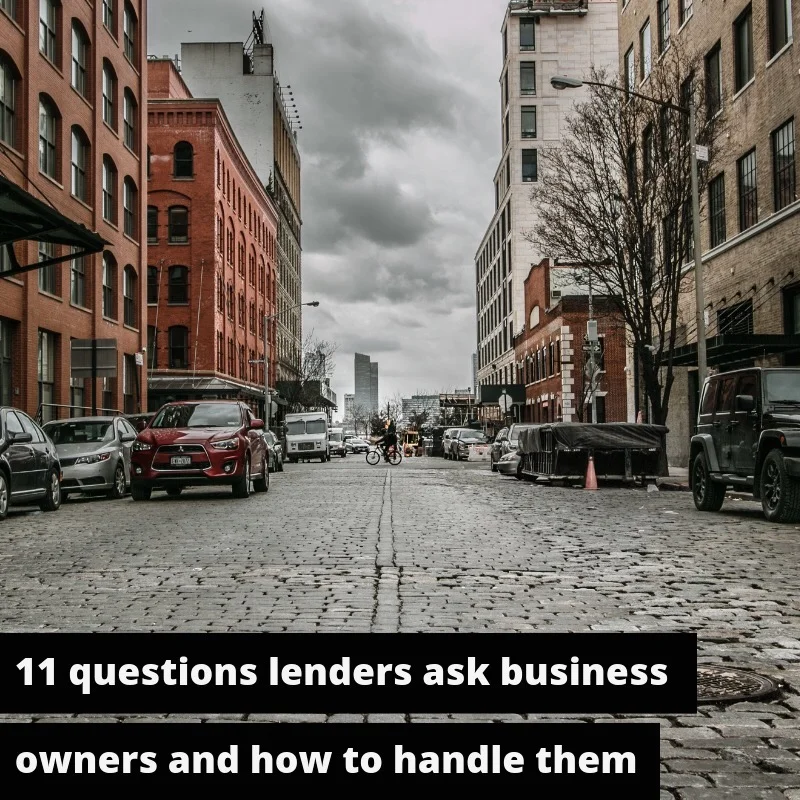11 questions lenders ask business owners and how to handle them
When entrepreneurs and business owners apply for a loan, lenders will ask you a set of questions to determine your risk profile and if you are ready for a loan. Entrepreneurs and business owners must be prepared to answer and explain the following questions.
How much money do you want to borrow?
One of the first questions that a lender will ask a business owner who is requesting a loan is, how much money do you want to borrow? When seeking a loan you need to know how much it will cost for you to complete your business project (i.e. startup, working capital, inventory, equipment, expansion) and how much of the total project cost you want to finance with a loan? For example, if it cost you $30,000 to launch your business and you plan to invest $10,000 of your own money, you may need to request a loan for $20,000.
What is the purpose of the loan?
Lenders will want to know what the loan will be used for. Create an itemized list of everything the loan will be used for, such as inventory, equipment, website creation, marketing, or a hiring a new employee.
How will you repay the loan?
You need cash to pay back a loan. There are many different sources of cash that you can use to repay a loan, including, the cash generated from the operations of the business, the business assets (i.e. machinery, equipment, inventory, receivables), outside (household) sources of cash and assets (i.e. your job, house, spouse, investments). Generally, the cash generated from the business is the strongest source of cash, however, lenders will take into account other sources of cash, so the more that you have the better.
How much have you invested or intend to invest in your business?
Most lenders will not lend to you 100% of the cost to complete your business project, therefore, they will want to know how much of your own money you have or will invest in financing your business project. You will need to prove your personal investment via receipts and/or bank statements.
What is your personal credit score/history?
Lenders will review your personal credit score and report before deciding if they will extend a business loan to you. It is important before you apply for a loan that you pull your credit report and clean up any errors on it that may be impacting your credit score. It is also important to note, that each lender has a different credit score threshold. For example, one lender might not accept a loan application with a credit score under 650, while another lender might not accept a loan application with a credit score under 600.
Do you have any negative reports on your credit report?
When a lender asks you this question, you want to be upfront to not waste anyone's time. They will find out the details of your credit history when pulling your credit report anyway. Do you have any liens or judgments on your credit report? Have you been in foreclosure, bankruptcy or have you defaulted on any student loans? Have you been late on making payments to a creditor? These negative reports can impact your ability to get a business loan.
How much money do you feel comfortable paying back on a monthly basis?
Before applying for a loan, have an idea of how much money you feel comfortable spending monthly to pay off your loan. After the cost of running your business, can you afford to pay back $250, $500, $1,000 or more a month to pay off your loan?
Is your business cash flow positive?
Is your company currently making money after paying its operating costs? If so, your chances for securing a loan will drastically increase. Lenders will do an analysis on your financial background, including your tax returns, bank statements, financial statements and projections to determine how much money you have to pay down your loan on a monthly basis, after your operating costs,
How many owners are there in the business?
Typically, anyone that owns 20% or more in your business will be required to be a co-borrower on the business loan, meaning, their name will be on the loan documents and their income and credit history will be assessed to qualify for a loan. Be prepared with the financial documents for any owner that owns 20% or more in your business.
Do you have access to a cosigner, if needed?
If your credit score is lackluster, a lender may ask if you have a cosigner. A cosigner is a person who agrees to pay a borrower's debt if he or she defaults on the loan. The person asked to cosign a loan usually has a good credit score and a lengthy credit history, which greatly improves the primary borrower's odds of approval.
Do you have collateral?
In the event that you default on your loan, do you have any assets that the lender can sell to recoup the loan amount? Collateral can include your home, investments, cars, jewelry, art etc. It should be noted, that not every lender requires collateral, but you do increase your chances for securing a loan if you do.
These are just some of the questions that a lender may ask you when applying for a loan. To speed up your loan process, be prepared by being able to answer the above questions and providing proof where needed.

